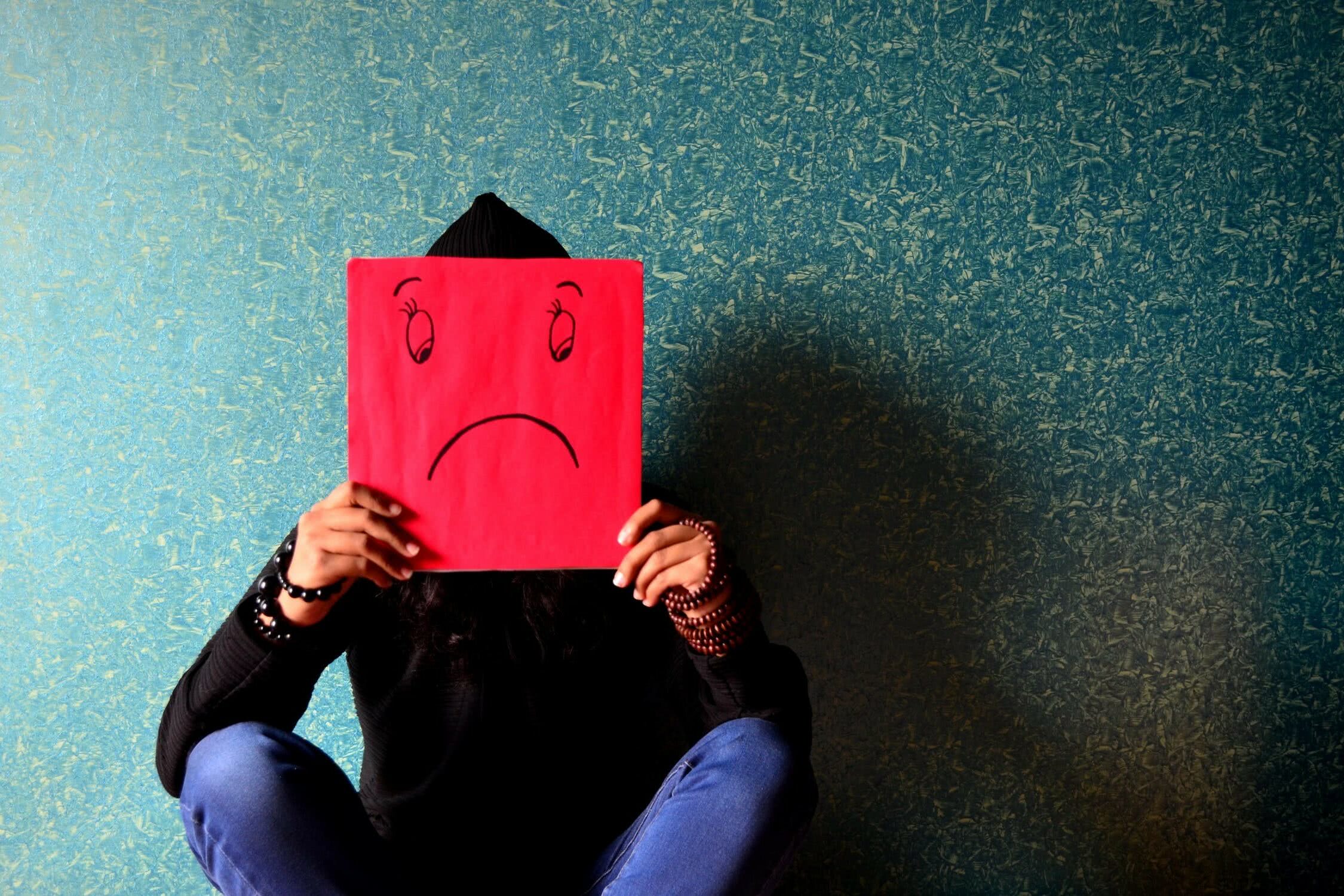Clinical depression is a serious mental health condition that can become chronic and operate in prolonged cycles unless actively treated. Alcohol use issues often occur in conjunction with depression because the substance is used to numb-out psychological pain or ‘put feelings to sleep‘.
So does alcohol make depression worse or does depression make alcohol use issues worse? Both are the answer, alcohol mixed with depression issues can become a vicious cycle that where one action feeds the other.
Alcohol is a depressant
Alcohol is a depressant which means that any already existing depression will be compounded. A person suffering from a Depressive Episode where symptoms prevail for two weeks may develop Major Depressive Disorder and this could further lead to Severe Recurrent Depression which is a lifelong chronic illness.
People struggling with depression often mask their depression behind alcohol, from outward appearances things appear ok on the surface however internally there is a need to drown the noise with alcohol so that they do not need to confront the emotional voids. Dealing with depression can be very hard to do on your own, mostly because on the outside people may appear perfectly normal and in control even to those people closest to you, however, there is an underlying need to “unpack stuff” that simply does not seem appropriate to enter into the everyday conversations.
The turmoil of emotion they feel on the inside includes the following:
Symptoms of depression:
- A foreboding sense of hopelessness
- Inescapable anxiety
- Apathy and disinterest in activities and hobbies they previously enjoyed
- General discontent both at home and work
- Mood swings or aggression
- Changes in sleeping patterns
- Weight gain or weight loss
- Social isolation
- Negative self-talk
- Low self-esteem
As a way to cope, self-medicating becomes an escape. A shot of ‘liquid courage’ or an after-work glass of wine can too easily become a habit. This kind of behaviour can lead to addiction as a means of numbing psychological pain. Substance use can provide a temporary release from negative all-prevailing emotions but the process is self-limiting and can only last for a short time before it starts to cause real damage.
The Cycle
Finally, a relationship with a substance becomes a reality as the person becomes more and more isolated from society often losing contact with friends and family. This is another reason why, when entering a rehab or treatment centre, it is vital that family members are also treated in family therapy.
There is another aspect to this which includes getting a person into rehab or to a registered counsellor. This may require an intervention which can be particularly challenging if not handled delicately and professionally.
If dependency on a substance becomes the driving force behind a person’s motivation, action must be taken. But psychiatric and psychological treatment for depression is even more important to ensure long-term recovery. If you are suffering from Depression or someone that you know is, don’t hesitate to contact us and speak to one of our experienced counsellors.
Working With Alcohol Use Disorders
After much research into treating addiction, speaking to experts around the world and practically standing on the front line of hundreds of addiction treatment cases over the last 6 years, our experience has culminated into the formulation of our flagship rehab centre in Johannesburg. The Recovery Direct programme is designed to be the most sustainable addiction treatment programme in South Africa, if not the world.
Through the recovery and personal journeys of so many families and individuals struggling with substance use disorders or compulsive and destructive behaviours, we have formulated a distinctly unique approach for viable addiction treatment in our centres.
This approach is based on insights into mass research psychology and Recovery Direct is the ultimate in appreciative care solutions. We are a non 12 step rehab centre that is focused on resolving patients’ actual problems through trauma and pain resolution as well as dismantling the destructive forces that are driving their addictions.







